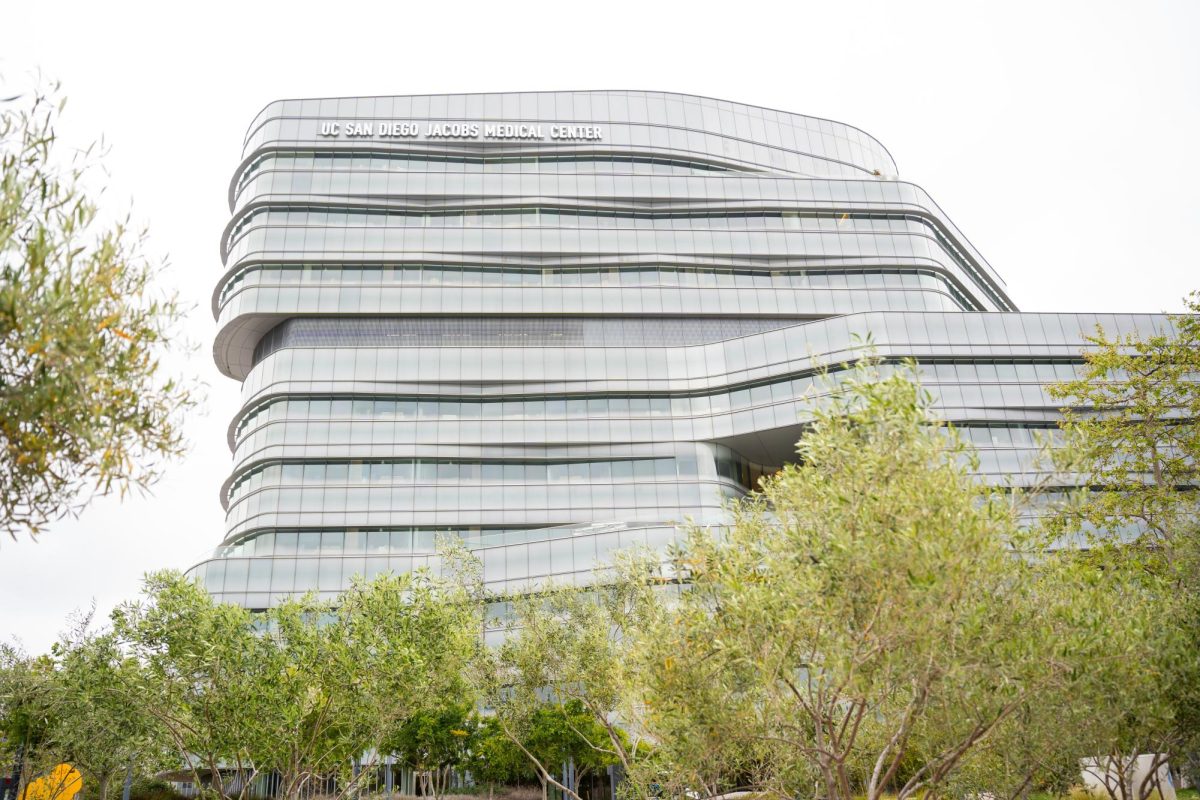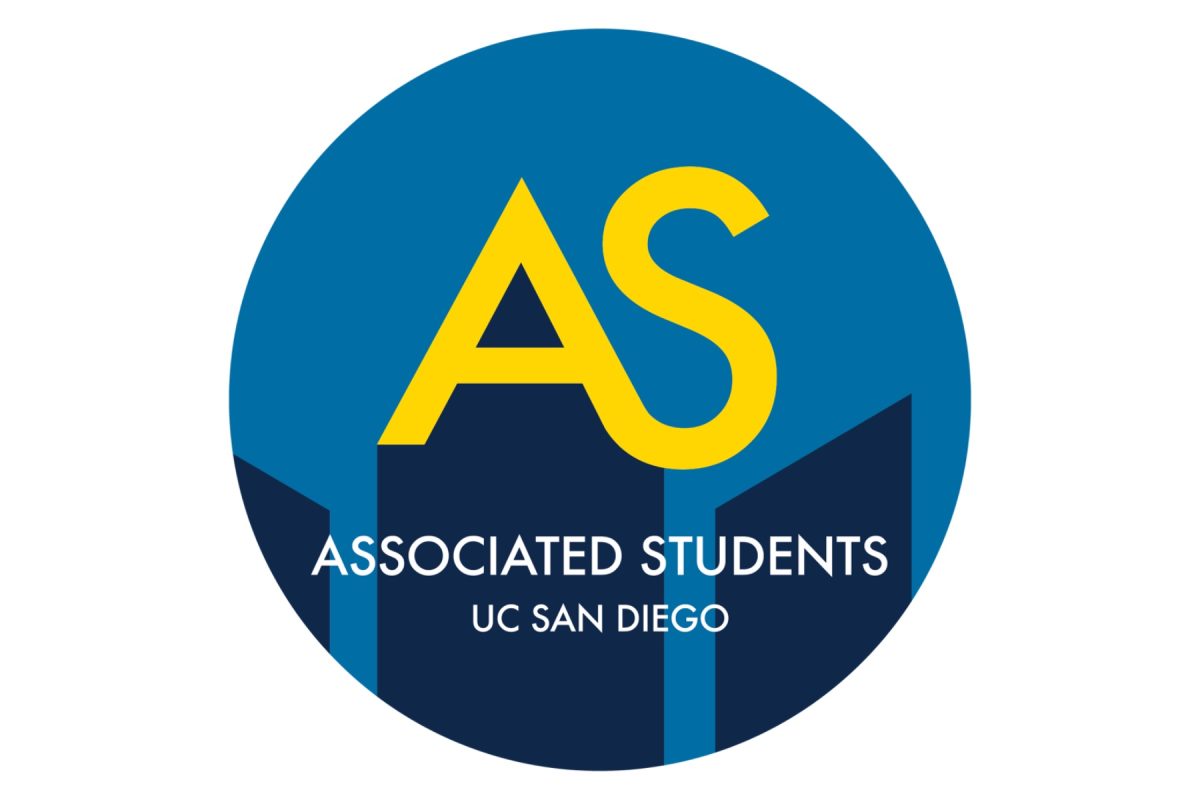The labor union University Professional and Technical Employees CWA Local 9119, representing approximately 20,000 University of California healthcare, research, and technical employees, have begun the voting period to authorize a statewide strike.
After eight months of negotiations with the UC bargaining team regarding unfair labor practices, UPTE-CWA 9119 made the decision to begin a vote to authorize a strike. The voting period began on Feb. 3 and will continue until Feb. 13, when the final vote will be counted.
The University of California is the nation’s largest academic health system and hosts the largest health sciences instructional program, facilitated and taught by professionals represented by UPTE-CWA 9119.
During the negotiation period, UPTE-CWA 9119 held a strike at UC San Francisco for two days from Nov. 20 to Nov. 21 in 2024 with over 4,000 participating workers. Over three months later, a new contract continues to be negotiated.
The union has brought forth several demands in their proposals that have not been accepted by the UC bargaining team. These include significant pay raises — by 9% in 2025 and 8% each in 2026 and 2027 — increased vacation time, more remote work opportunities and flexible scheduling, additional leave, job security, and capping healthcare costs.
In response to UPTE’s proposals, the UC bargaining team has offered a 5% increase in 2025 and 3% in 2026 and 2027. They have also offered $75 or $100 monthly credits “to offset healthcare premiums.”
In a press release announcing UPTE-CWA 9119’s strike authorization vote, Ursula Quinn, an occupational therapist at UCLA and UPTE-CWA 9119 vice president, explained how long wait times for patients and treatment delays have influenced the decision to hold the vote.
“Californians should trust that when they enter a UC health facility, they are receiving world-class care. Striking is our last resort, but if UC does not change course, we will have no choice.”
Michael McGlenn, a psychologist at UC San Diego’s Counseling and Psychological Services and UPTE-CWA 9119 member, says that the prolonged back-and-forth is in part because the UC bargaining team will not provide them with the necessary data about job vacancies, which would help them address issues with patient wait times and insufficient readily-available care.
“We can’t address retention and recruitment issues that our hospitals and research centers need to be able to care for the community — care for the San Diego community, and broader communities as well. … So, ultimately, our folks decided that it’s important to make sure that we have the resources to care for our community,” he said.
Many healthcare professionals are struggling with an influx of patients and an exodus of professionals from the medical field over the past few years, leaving their positions vacant and patients without timely, necessary care.
“It often feels like we’re scooping water out of a boat,” McGlenn said. “Wait times are high; we don’t have enough staff that we need to be able to get folks in for care, so it can be weeks before we can get folks in for an initial appointment or for follow-up appointments. … Sometimes people are waiting months to get in for care.”
UPTE-CWA 9119 is made up of a variety of workers including physician assistants, optometrists, pharmacists, mental health clinicians, clinical lab scientists, IT professionals, and others professionals in healthcare, clinical labs, and technology. Should the strike authorization vote pass, the union plans to go on a strike that will impact the function of healthcare and clinical research across the UC system, including at UCSD.
This is an ongoing story, and The UCSD Guardian will continue its coverage on the UPTE-CWA 9119 strike.












Sandy Silva Timson • Feb 21, 2025 at 12:35 pm
How does this effect Services at VA LJ?